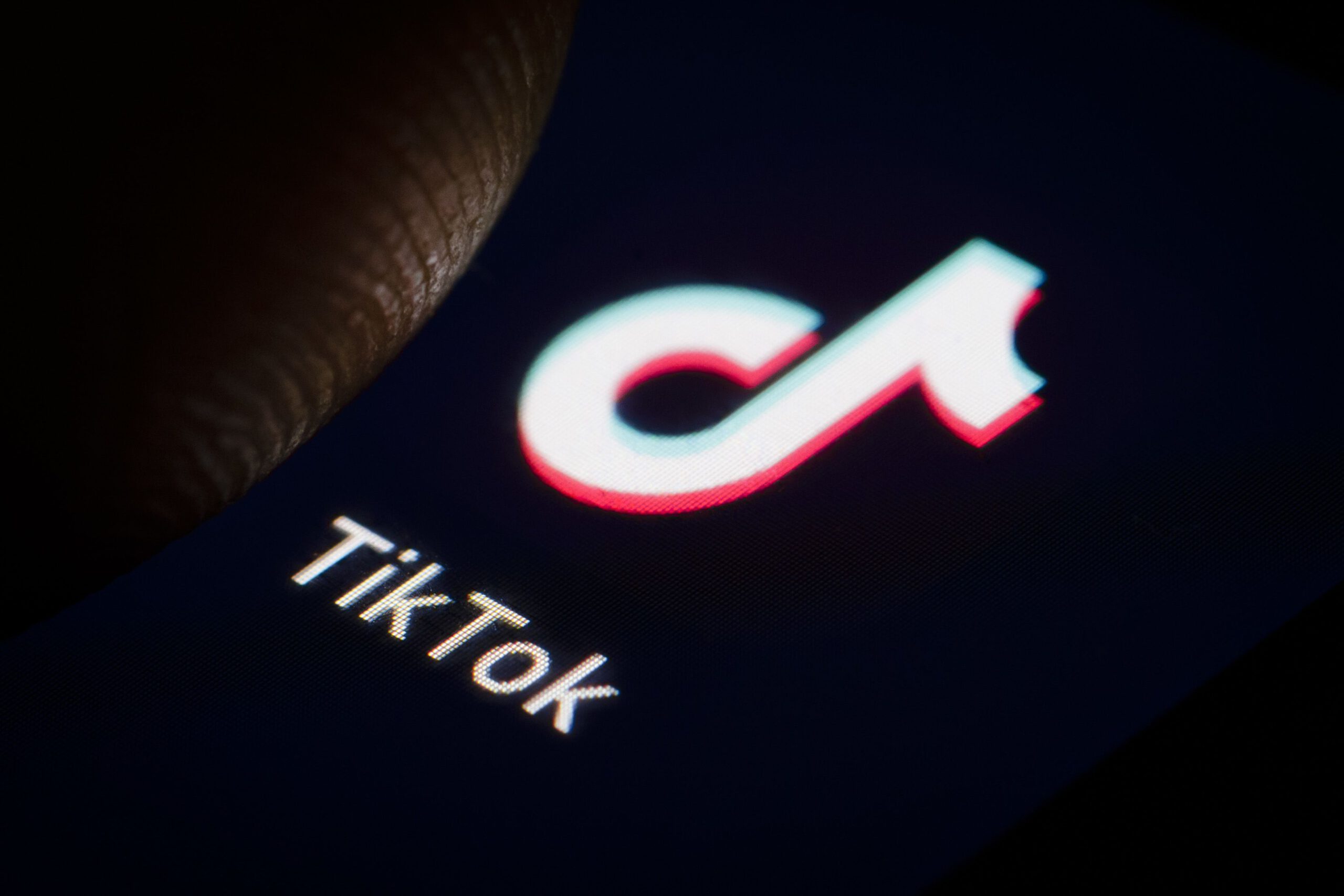
The Federal Trade Commission (FTC) has taken a significant step in its ongoing investigation into TikTok and its parent company, ByteDance Ltd., by referring the case to the U.S. Department of Justice (DOJ). This move follows a comprehensive review that began in connection with a 2019 settlement with TikTok’s predecessor, Musical.ly, over violations of the Children’s Online Privacy Protection Act (COPPA).
The FTC’s investigation aimed to determine whether TikTok had continued to violate COPPA and engaged in other potentially unfair and deceptive business practices prohibited under the FTC Act. According to the FTC, their investigation “uncovered reason to believe named defendants are violating or are about to violate the law and that a proceeding is in the public interest.”
The referral to the DOJ marks a critical escalation in the scrutiny facing TikTok. The FTC noted that, while it typically does not publicize the referral of complaints, it has made an exception in this case due to the public interest involved. The commission emphasized its commitment to enforcing the law and protecting consumers without bias.
TikTok has been cooperating with the FTC for over a year regarding these issues. A spokesperson from the company expressed disappointment in the agency’s decision to pursue litigation, arguing that many of the FTC’s allegations are either factually inaccurate or related to past practices that have since been addressed. TikTok maintains that it has implemented robust measures to protect children on its platform, including age-appropriate experiences, stringent safeguards, proactive removal of suspected underage users, and various safety features.
In addition to the FTC’s actions, TikTok faces other regulatory challenges in the United States. In May, the company filed a lawsuit against the U.S. government after President Joe Biden signed legislation mandating ByteDance to divest TikTok within nine months, with a possible three-month extension. TikTok argues that this legislation violates the First Amendment and asserts that divestiture is not feasible from commercial, technological, or legal standpoints.

















